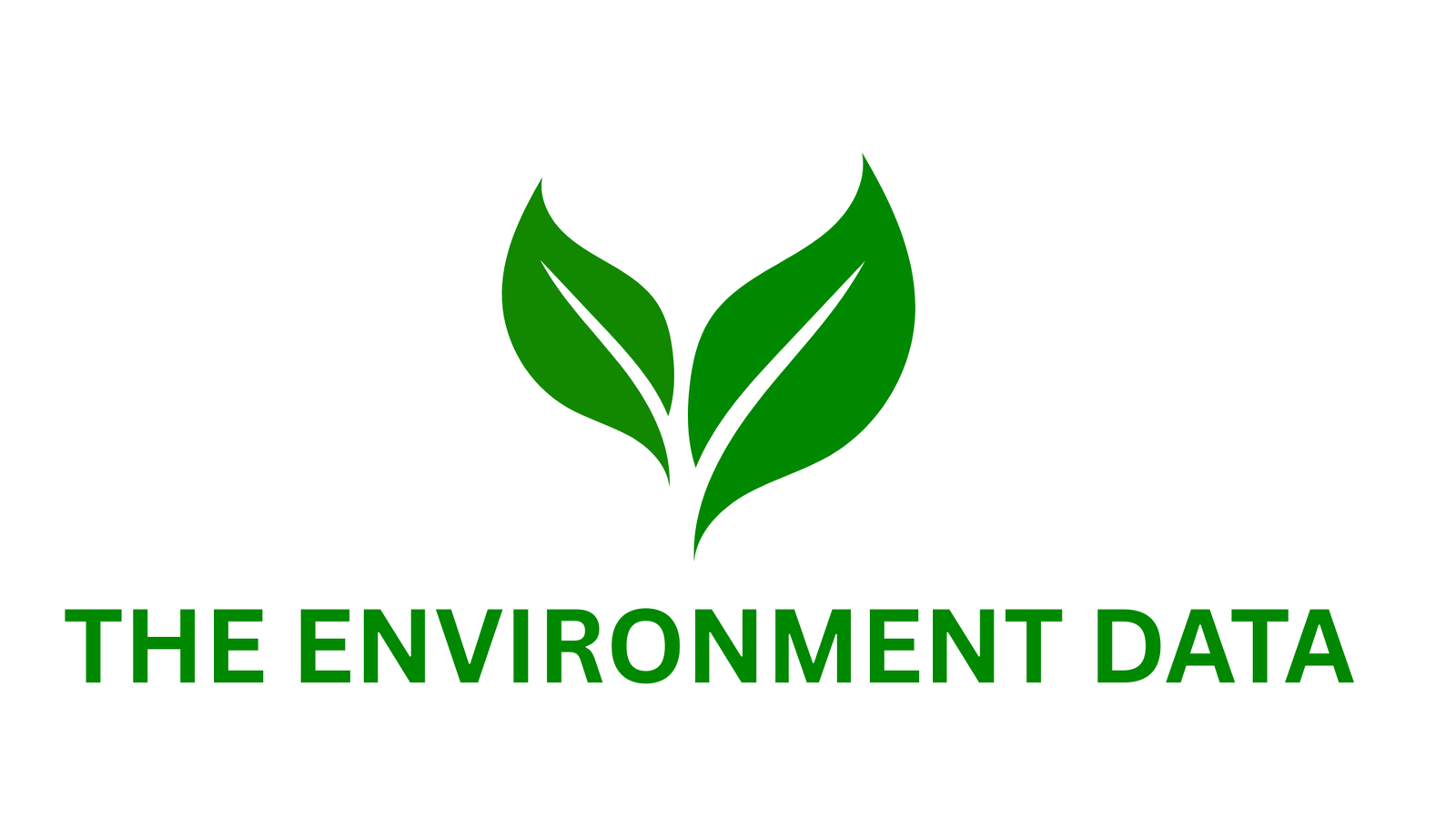Viva Energy and Cleanaway Partner to Turn Waste into Low-Carbon Fuels and Products
Viva Energy and Cleanaway Waste Management Ltd have signed a Memorandum of Understanding (MoU) to collaborate on the large-scale production of low-carbon liquid fuels and sustainable products in Australia. The partnership marks a significant milestone in Australia’s transition toward a circular economy, where local waste is transformed into valuable resources that drive energy independence and emissions reduction.
Under the MoU, substantial quantities of domestic used cooking oil (UCO) will be delivered from Cleanaway’s Laverton treatment facility to Viva Energy’s Geelong Refinery in Victoria. There, the UCO will be processed into advanced fuels such as renewable diesel (RD) and bio-circular polymers—materials that can replace fossil-based alternatives. This agreement aims to establish a long-term, sustainable supply chain for renewable feedstocks while supporting local industries and communities.
From Waste to Worth: Closing the Loop
Viva Energy has already demonstrated the potential of this approach through a successful pilot program at its Geelong refinery. The program has proven that co-processing—where UCO is refined alongside traditional crude oil—can produce high-value, lower-carbon products at commercial scale.
Cleanaway’s facilities play a crucial role in this process by collecting and purifying used cooking oil from domestic and commercial sources. Once treated, the UCO becomes a ready-to-use feedstock suitable for refinery operations. Scaling up this model would effectively “close the loop” by turning everyday waste into clean energy and materials, keeping value within local communities while reducing environmental impact.
By converting waste into renewable fuels, the partnership demonstrates a practical and scalable pathway to decarbonization. Customers seeking to reduce their Scope 1 emissions—those generated directly from their operations—can benefit from low-carbon products such as renewable diesel. Cleanaway itself, which operates more than 4,100 heavy vehicles providing essential waste management services across Australia, is among the first organizations poised to benefit from this new fuel supply.
The initiative will also generate local employment, enhance domestic manufacturing capability, and reduce Australia’s reliance on imported fossil feedstocks and petrochemical materials.
Supporting National Climate and Energy Goals
The partnership aligns with several government initiatives designed to accelerate Australia’s clean energy transition. Co-processing directly supports the objectives of the Future Made in Australia program, the Net Zero Plan, and the recently released Transport Sector Plan—each emphasizing the importance of locally produced, low-carbon liquid fuels (LCLFs) in meeting national emissions targets.
The Transport Sector Plan specifically identifies LCLFs as a vital solution for hard-to-abate industries, such as freight, aviation, and heavy transport. As Australia moves toward its 2035 emissions reduction targets, renewable diesel and similar fuels will play a key role in cutting carbon emissions from these sectors while maintaining energy reliability and economic resilience.
A Proven Global Technology
Co-processing is already an established and successful technology worldwide. Nearly 40 refineries across North America, Europe, and Asia have adopted it to produce lower-carbon fuels by blending biogenic and waste feedstocks with traditional crude oil. The technology enables existing refineries to transition toward cleaner operations without requiring entirely new infrastructure—an advantage that makes it cost-effective, scalable, and ready for immediate deployment in Australia.
However, for co-processed fuels to be fully recognized as low-carbon alternatives in Australia, formal policy acknowledgment is required. Specifically, emissions savings from co-processed products must be recognized under the National Greenhouse and Energy Reporting Scheme (NGERS). This recognition would allow customers to accurately account for emission reductions when reporting their sustainability performance. Without such acknowledgment, the environmental and commercial incentives for adopting co-processed fuels remain limited.
Industry Leaders Call for Policy Support
Lachlan Pfeiffer, Viva Energy’s Chief Strategy Officer, emphasized that the evolution of sustainable energy solutions in Australia depends not only on innovation and private investment but also on government leadership.
“Australia has the expertise, technology, and local supply chains to play a leading role in sustainable energy and circular manufacturing,” Pfeiffer said. “Official recognition and support for co-processing under NGERS and the Guarantee of Origin Scheme would unlock investment in recycling, clean fuel production, and job creation—helping Australia strengthen its sovereign manufacturing capability.”
Pfeiffer added that with the right policy framework, Australia could capture the benefits of both environmental progress and economic growth by fostering a domestic renewable fuels industry built on waste recovery.
Frank Lintvelt, Cleanaway’s Executive General Manager for Strategy and M&A, echoed this sentiment, noting that collaboration between industry and government is crucial to achieving a low-carbon future.
“By recognizing co-processing, we can turn waste into valuable products and lay the foundations of a prosperous low-carbon liquid fuel industry in Australia,” Lintvelt said. “This initiative not only helps decarbonize hard-to-abate transport sectors but also strengthens our circular economy. We look forward to working with government to help shape policies that enable these shared goals and inspire the next generation of sustainable solutions.”
Driving a Circular, Low-Carbon Future
The Viva Energy–Cleanaway collaboration showcases how circular economy principles can be applied at scale to deliver tangible environmental and economic outcomes. By transforming a common waste product—used cooking oil—into renewable diesel and bio-circular materials, the initiative demonstrates an innovative model for sustainable industrial growth.
Beyond emissions reduction, the partnership highlights the potential for Australian industries to innovate locally, build green supply chains, and reduce dependency on imported fossil fuels. With supportive policy measures and continued investment, this model could pave the way for broader adoption of low-carbon fuel production across the nation.
In an era where sustainability and energy security are increasingly intertwined, the partnership between Viva Energy and Cleanaway stands as a blueprint for how waste can be turned into worth—fueling not just vehicles, but also Australia’s clean energy future.
